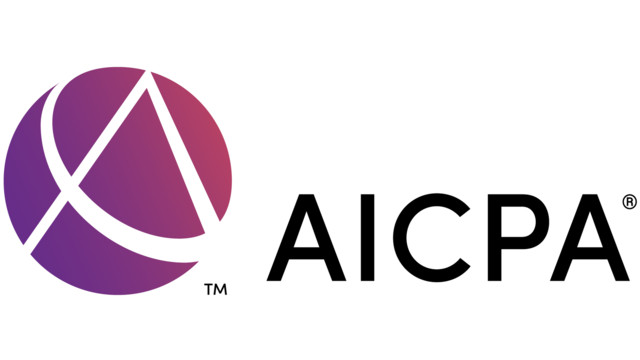Accounting
AICPA Discussion Paper Tackles Materiality in an Attestation Engagement
The AICPA is seeking feedback on the issues discussed in this paper and would like to hear from those with practical experience in such attestation engagements, including preparers of subject matter presentations, practitioners performing ...
Aug. 21, 2019

A new discussion paper from the American Institute of CPAs (AICPA) discusses the challenges of determining materiality in an attestation engagement when subject matters cannot be quantitatively measured.
Materiality Considerations for Attestation Engagements Involving Aspects of Subject Matters That Cannot Be Quantitatively Measured, developed by a Working Group of the AICPA Assurance Services Executive Committee (ASEC), highlights the challenges that practitioners may face when making professional judgements about materiality. Attestation engagements can be performed on a variety of subject matters, not all of which can be numerically measured and evaluated; for example, sustainability programs, employee education initiatives or fair labor practices.
“In today’s world, stakeholders are placing great importance on information about an entity in addition to that which is traditionally provided in historical financial statements,” said Robert Dohrer, CPA, CGMA, AICPA Chief Auditor. “When providing assurance services, it’s important that practitioners understand what information will most significantly impact stakeholders’ decision-making process, which is central to a practitioner’s consideration of engagement materiality. In that spirit, we are asking for comments about how users of such information and practitioners consider ’materiality’ with respect to subject matter that cannot be quantitatively measured.”
The paper provides ways in which practitioners might address materiality challenges and provides examples including:
- System and Organization Control (SOC) examinations,
- examinations or reviews of sustainability information,
- and examinations or reviews of compliance with contractual or other requirements.
“A large part of ASEC’s mission is developing and promoting new services that CPAs can perform,” said Jim Burton, Partner at Grant Thornton and ASEC Chairman. “Expanding a CPA’s role to address information presented in reports other than traditional historical financial statements is an important step and also enables CPAs to bring their expertise in providing independent and objective assurance to this growing marketplace. But we also have a responsibility to provide CPAs with the tools they need to perform these new services in a quality manner. Understanding how materiality is considered when performing these new engagements is critical, and this discussion paper opens a dialogue within the profession to address this issue.”
The AICPA is seeking feedback on the issues discussed in this paper and would like to hear from those with practical experience in such attestation engagements, including preparers of subject matter presentations, practitioners performing examinations or reviews on such presentations, investors and other users of such subject matter information, and regulators.
Interested parties are encouraged to submit their feedback to Sherry Hazel at Sherry.Hazel@aicpa-cima.com by October 31, 2019.
